Coastal Engineering & Adaptation Lab
Research Lab Overview
My research at the Coastal Studies Institute and ECU’s Department of Coastal Studies explores how nature-based and other adaptation strategies can help to reduce hazards from coastal flooding and erosion across local, national, and global scales. In my lab, we work across disciplines with ecologists, economists, and social scientists, using numerical and statistical methods to study coastal hazards and adaptation alternatives, with a focus on nature-based adaptation strategies. Specifically, we use numerical and spatial modeling tools to improve scientific understanding and inform engineering practice around how and where to work with nature to help protect people from coastal flooding and erosion.
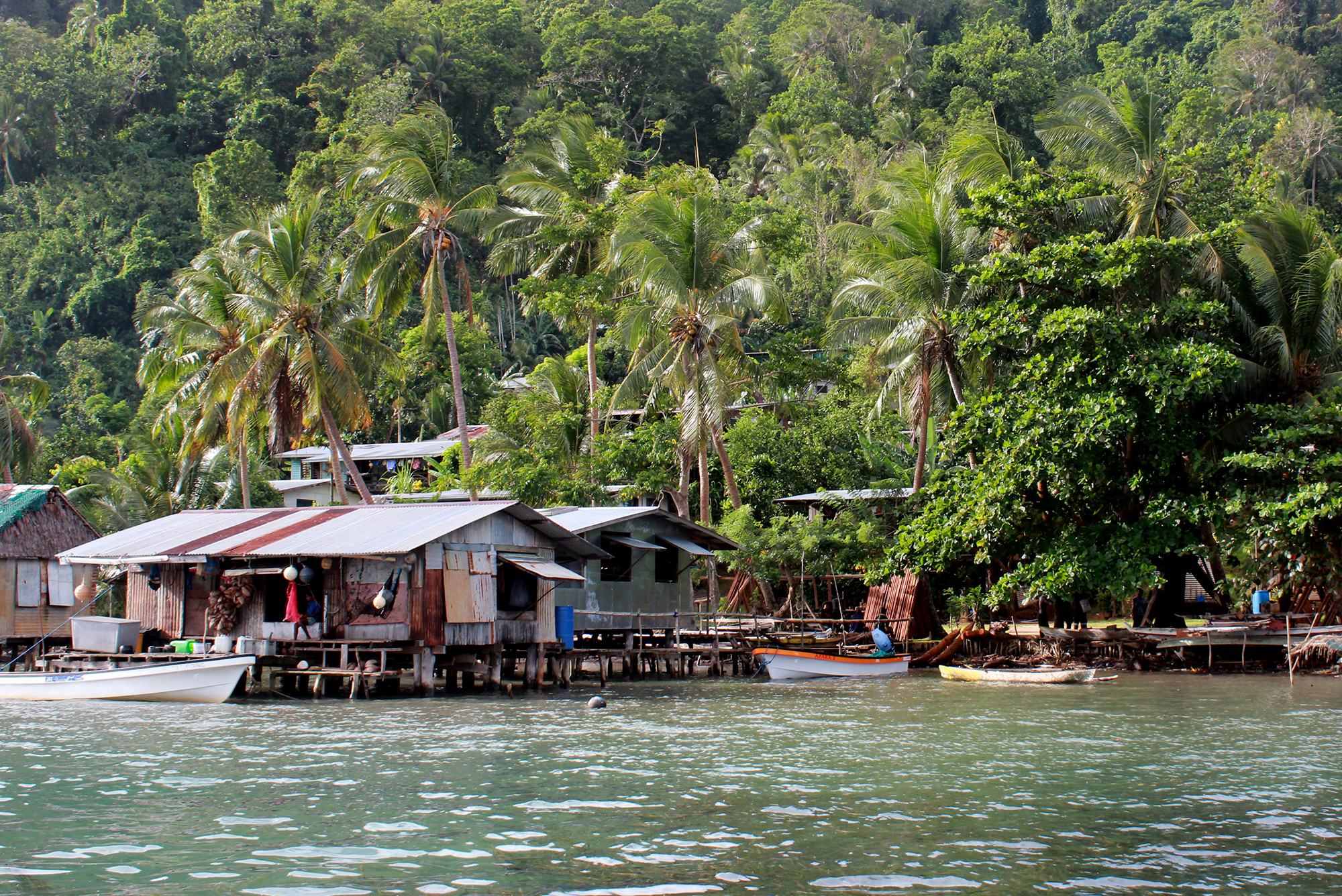
Contact Information:
Siddharth Narayan
Assistant Professor, Department of Coastal Studies, ECU
Adjunct Assistant Professor, Dept. of Geography & Planning
Assistant Scientist, Coastal Studies Institute
Phone: 252-475-5448
Email: narayans19@ecu.edu
Website: https://narayanlab.weebly.com/
Current and Recent Research Projects
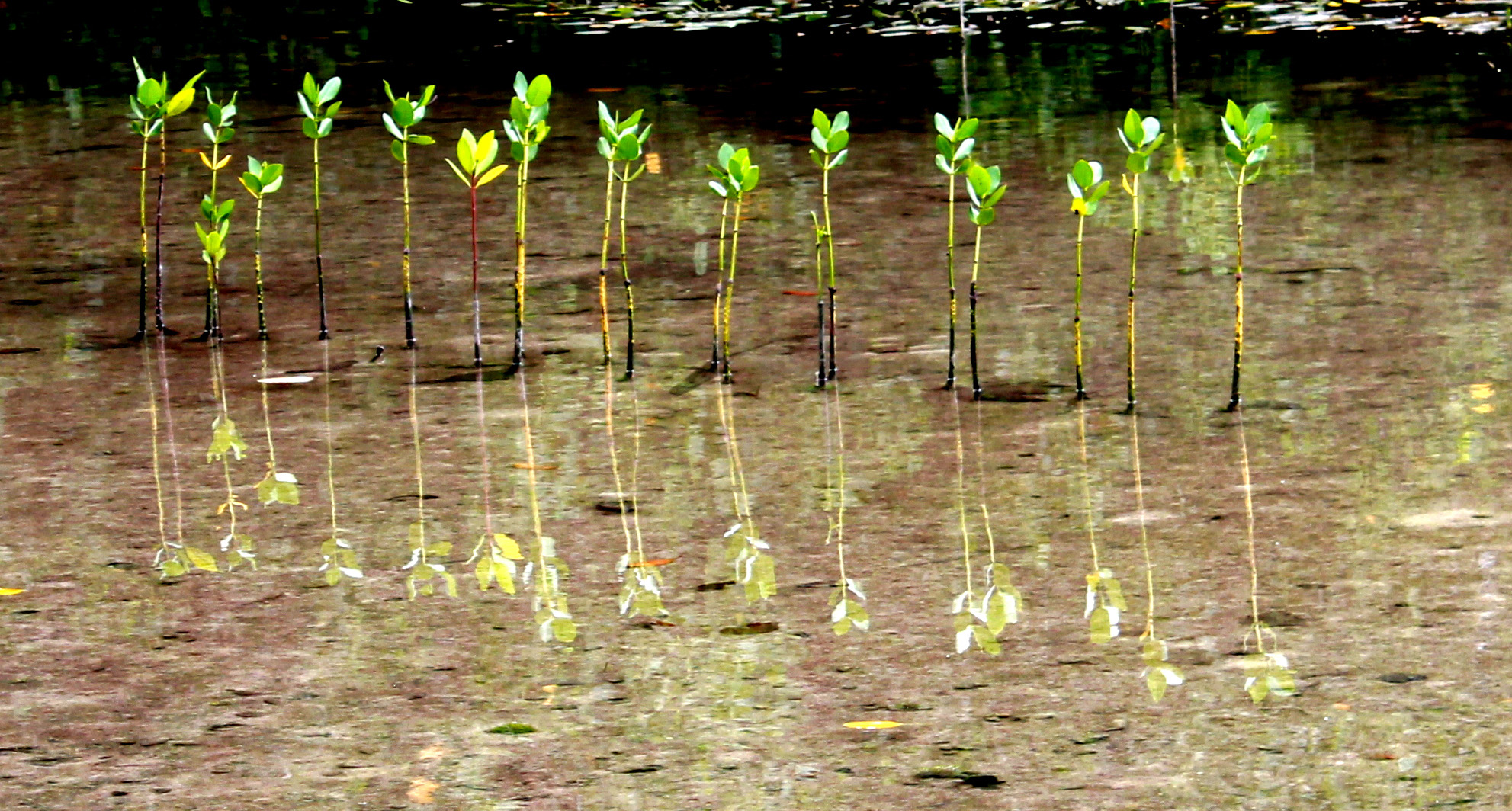
Mangrove Ecosystems for Flood Risk Reduction
I am working with ecologists, insurance risk modelers and other coastal engineers, to quantify and describe the extent to which coastal mangrove ecosystems reduce flooding from hurricanes and the socio-economic value gained with regard to avoided flood damages by preserving or restoring these mangrove ecosystems. This work spans multiple projects from Florida, to the Caribbean to global analyses, funded by a number of institutions including The World Bank, The Nature Conservancy, The Hoover Foundation, and others. [https://blogs.worldbank.org/voices/miracle-mangroves-coastal-protection-numbers]
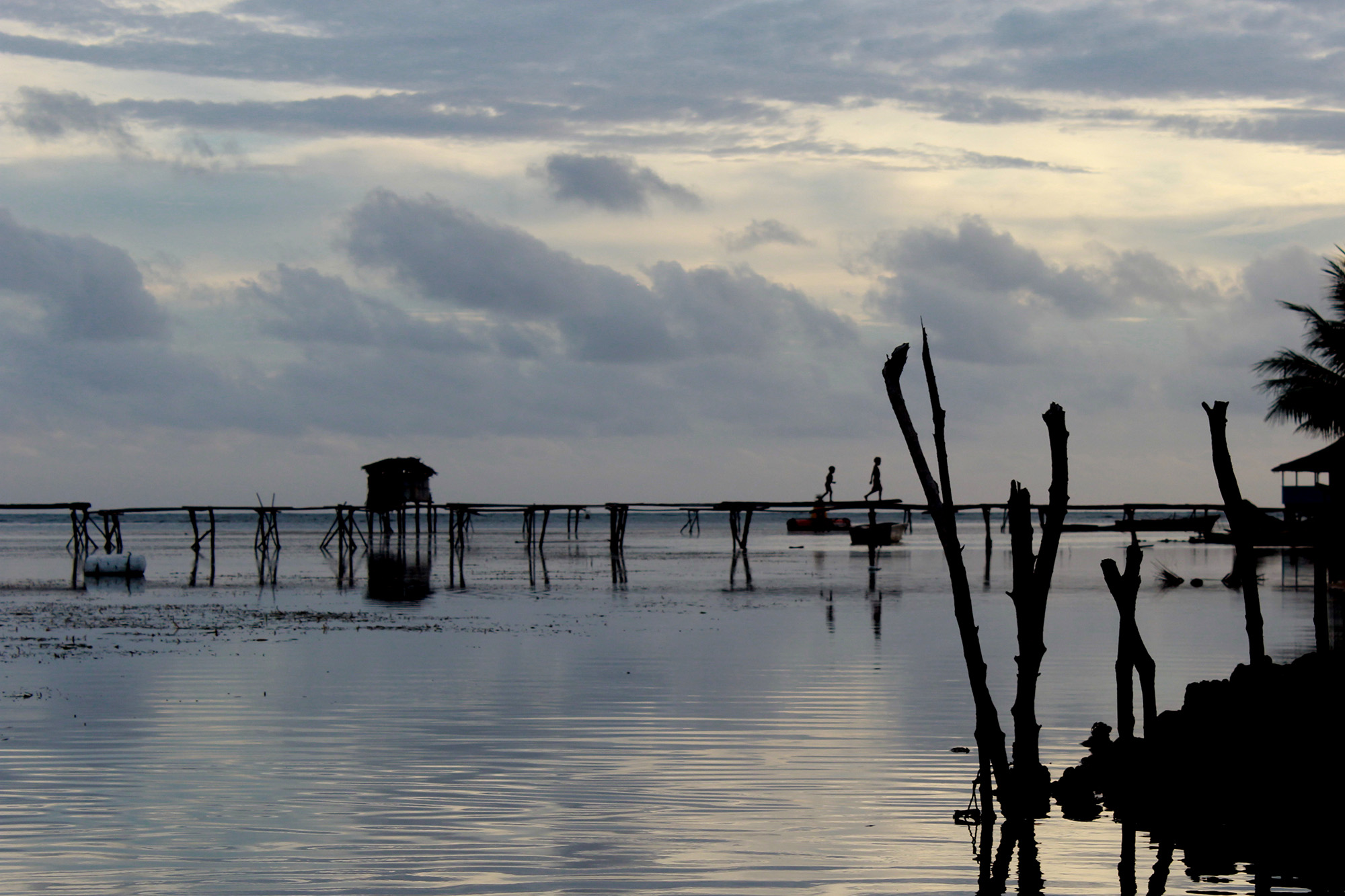
Restoring Marshes for Resilience With Beneficial Use of Dredge Material
The use of dredged sediments to restore marshes can present a potential triple win: for marshes to keep them stable and healthy in the face of sea-level rise; for the people and shorelines that these marshes will then protect, and for the dredging companies that can save significant costs associated with transporting and disposing dredged sediments. Yet, a lot remains to be understood about these practices and systems to provide these benefits. For starters: does loosely placed dredged sediment benefit marshes, and how?; do these marshes help protect shorelines and people during high wave or storm events?; and how do the costs of such placement weigh against the potential benefits to the marsh ecosystem and adjacent shorelines? I am working with coastal engineers at Texas A&M University on a NOAA Texas Sea Grant Project to help answer these questions in the Galveston Bay, TX, using a mix of field, numerical and spatial modelling tools and approaches. [https://today.tamu.edu/2020/02/26/texas-sea-grant-awards-1-4-million-in-research-funding/]
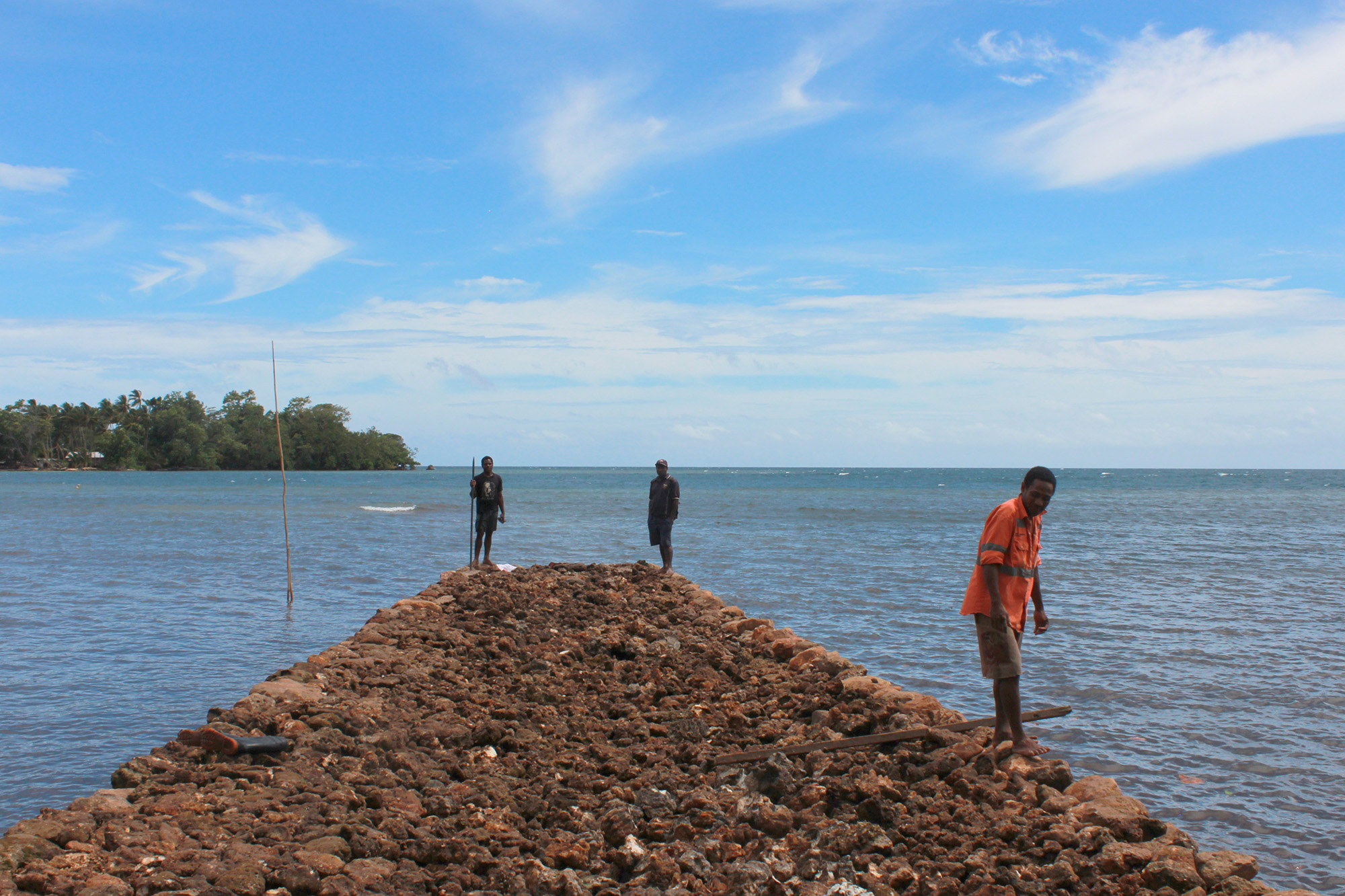
Coastal Ecosystems, Ecosystem Services and Conflicts
I am working with a large international team of inter-disciplinary researchers, on an NSF Belmont Forum project, “NO CRISES” to understand coastal and marine use conflicts within human-natural systems and how these conflicts may be resolved. Specifically, I am investigating trade-offs between the ecosystem service benefits of coral reefs on a Hawaiian island and the costs of improving upland wastewater treatment solutions to help aggravate damage to and the loss of these reefs and their benefits. [https://www.belmontforum.org/news/innovating-solutions-to-accelerate-sustainable-use-of-oceans-and-minimize-effects-from-global-change/]
Locally-led, Nature-based Coastal Adaptation
With support from East Carolina University, I am starting to explore how and where vulnerable coastal individuals and communities make adaptation choices, with a focus on understanding how and where nature-based adaptation alternatives are preferred and implemented, particularly in the aftermath of storms, hurricanes or other extreme coastal events. [https://coastal.ecu.edu/coastalstudies/2020/05/27/csi-and-ecu-faculty-publish-paper-on-coastal-adaptation-in-pacific-island-nations/]
Related Research Focus Areas
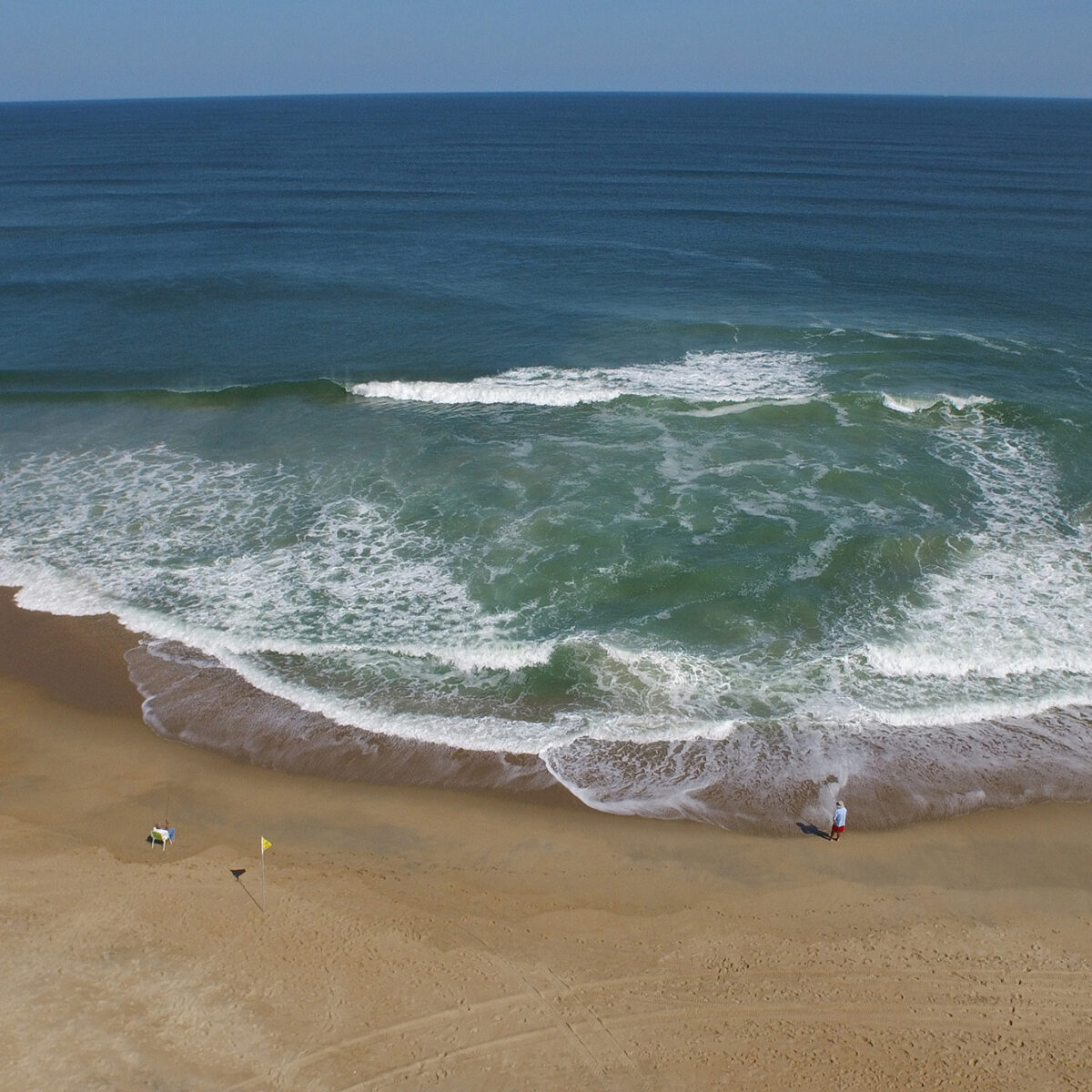
Oceanographic
&
Coastal Processes
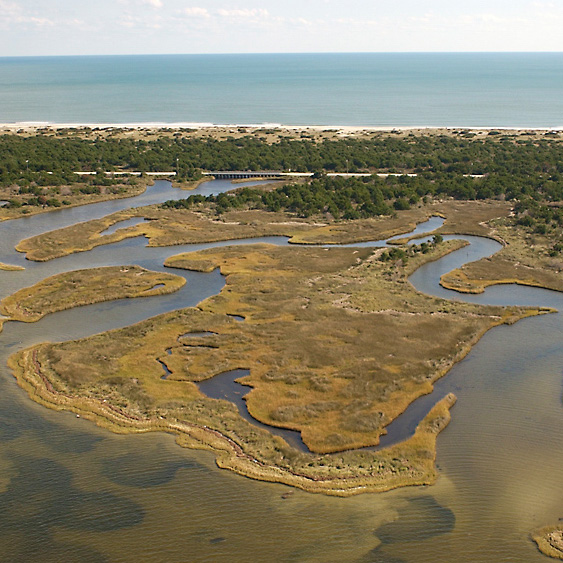
Marine & Coastal Resource Management
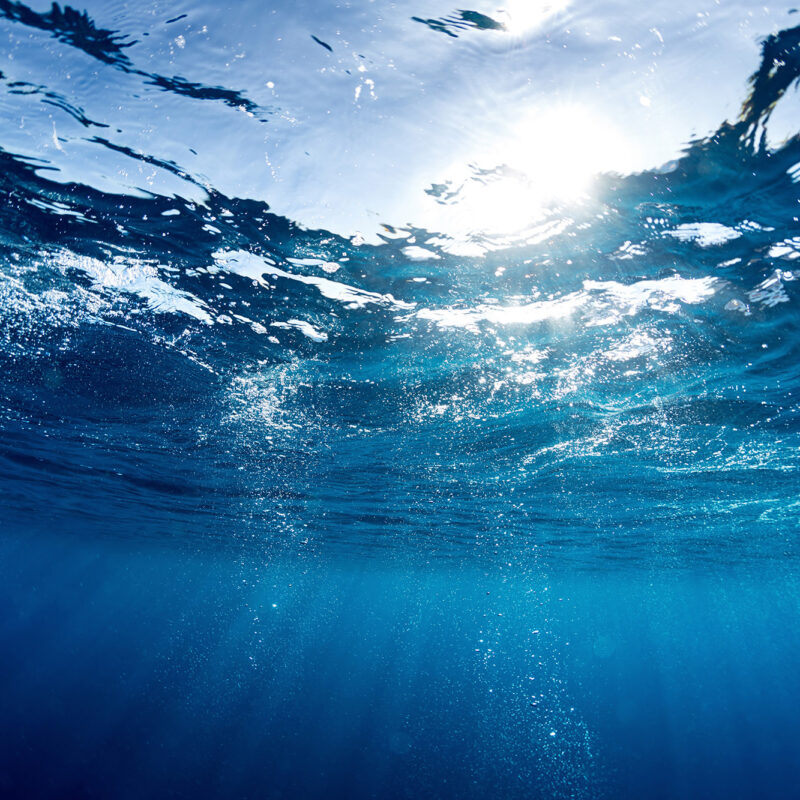


 Based at the Coastal Studies Institute (CSI), the North Carolina Renewable Ocean Energy Program (NCROEP) advances inter-disciplinary marine energy solutions across UNC System partner colleges of engineering at NC State University, UNC Charlotte, and NC A&T University. Click on the links below for more information.
Based at the Coastal Studies Institute (CSI), the North Carolina Renewable Ocean Energy Program (NCROEP) advances inter-disciplinary marine energy solutions across UNC System partner colleges of engineering at NC State University, UNC Charlotte, and NC A&T University. Click on the links below for more information. ECU's Integrated Coastal Programs (ECU ICP) is a leader in coastal and marine research, education, and engagement. ECU ICP includes the Coastal Studies Institute, ECU's Department of Coastal Studies, and ECU Diving and Water Safety.
ECU's Integrated Coastal Programs (ECU ICP) is a leader in coastal and marine research, education, and engagement. ECU ICP includes the Coastal Studies Institute, ECU's Department of Coastal Studies, and ECU Diving and Water Safety. The ECU Outer Banks campus is home to the Coastal Studies Institute.
The ECU Outer Banks campus is home to the Coastal Studies Institute.

